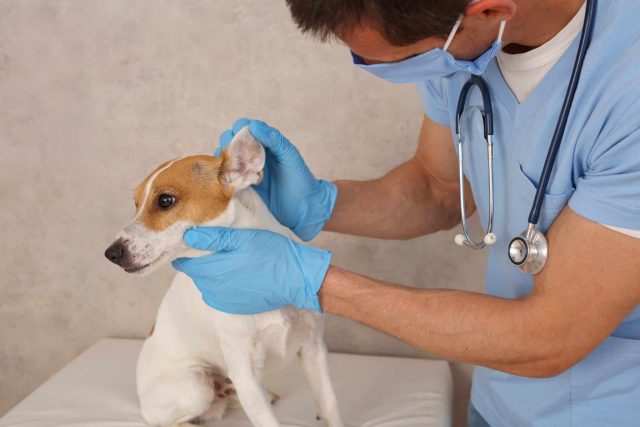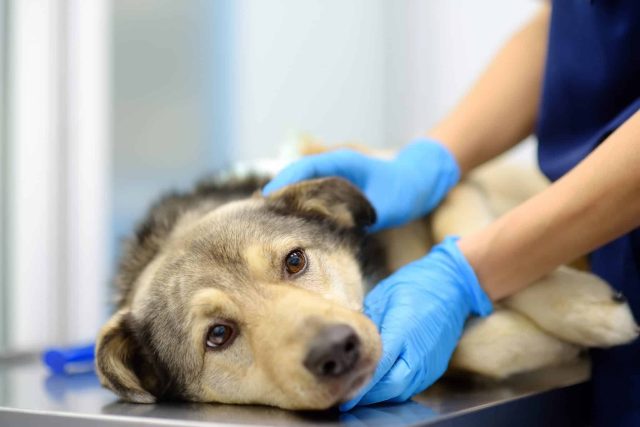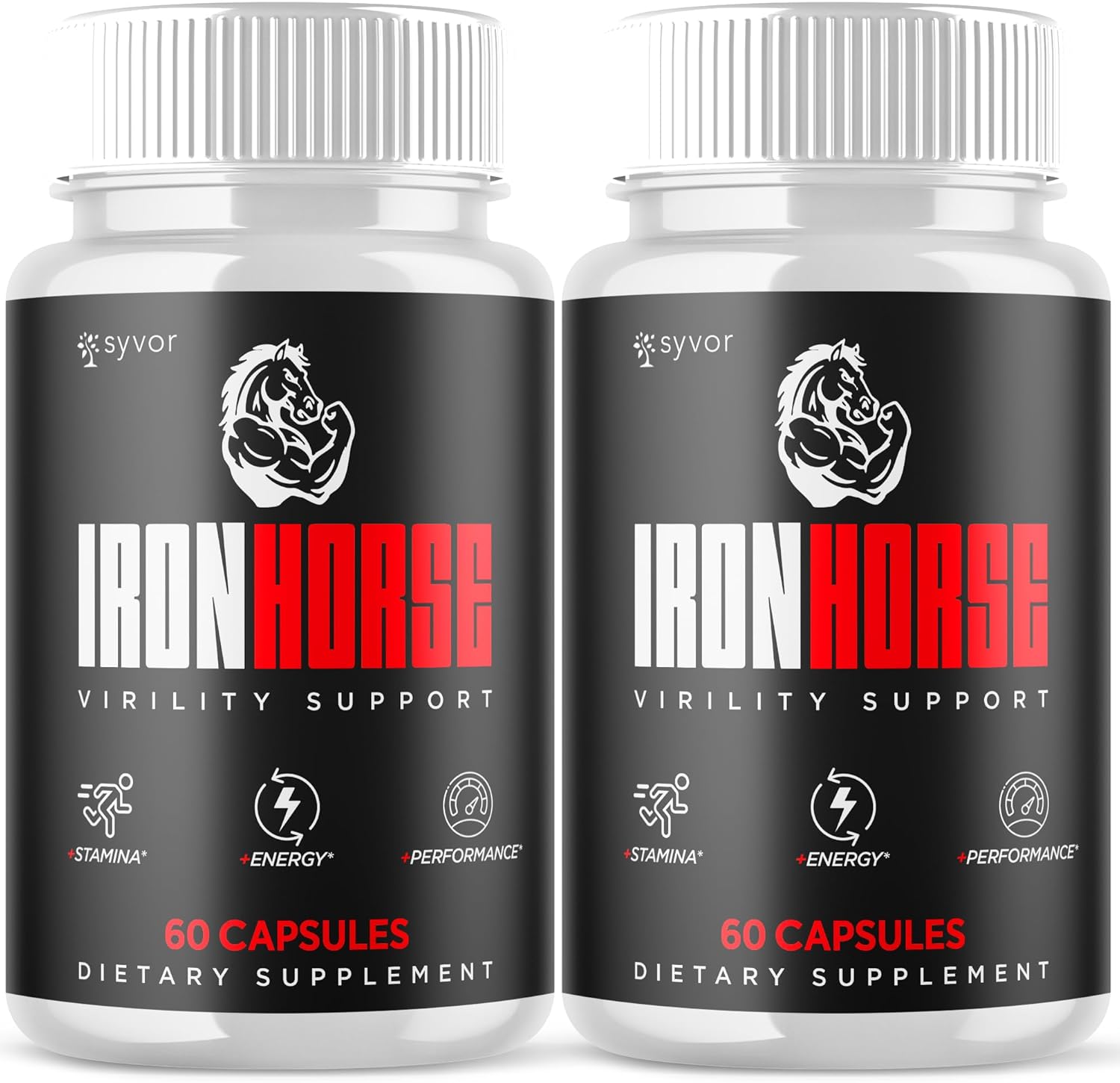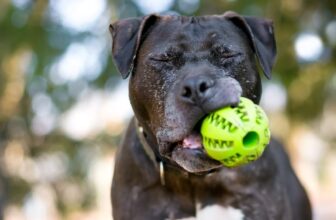
Check out our latest products
Few things bother dogs more than an itchy, painful ear infection—and few things worry pet parents more than seeing their furry friend in discomfort. Ear infections in dogs are not only common but can quickly escalate if left untreated. Moisture, allergies, and excess wax can all create the perfect breeding ground for bacteria and yeast inside your dog’s ears.
The good news? With the right preventive care and a consistent ear health routine, most ear infections can be avoided altogether. From regular cleanings to proper nutrition and vet-approved treatments, keeping your dog’s ears clean and balanced is easier than you think. Below are 11 effective ways to treat and prevent ear infections in dogs, according to veterinarians and canine health experts.
1. Regular Ear Cleaning
Weekly ear cleaning is crucial in preventing ear infections. Use a vet-approved ear cleaner and never insert anything directly into the ear canal.
2. Keeping Ears Dry
Water in the ears can create a conducive environment for bacterial growth. Ensure your dog’s ears are thoroughly dried after bathing or swimming, or in wet weather.
3. Regular Vet Check-ups
Routine veterinary check-ups can detect potential ear infections early. Your vet can also provide professional cleaning and preventive advice tailored to your dog’s specific needs.
4. Balanced Diet
A balanced diet boosts your dog’s overall health, strengthening its immune system to fight off infections. Omega-3 fatty acids, in particular, offer extensive health benefits.
5. Omega-3 Supplements
Omega-3 fatty acids have anti-inflammatory properties that can combat allergies, a common cause of ear infections. Including these in your dog’s diet can help control allergies and reduce ear infection risks.
We’re fans of this Norwegian salmon oil on Amazon. It’s a bright orangish-pink color and has no fishy smell at all due to its ultra-high purity.
6. Allergen Awareness
Keep an eye on your dog for potential allergies. If they start excessively scratching or shaking their head after exposure to certain foods or environments, they may be allergic. Identifying these allergens can help prevent ear infections.
A few good supplements to help your dog’s allergies are apple cider vinegar, quercetin, and colostrum, all of which are found in many natural allergy supplements like this one.
7. Topical Treatments
For minor infections, your vet may recommend topical treatments containing hydrocortisone. These can help soothe inflammation and itching. Always consult your vet before starting any new medication.
8. Oral Antibiotics
In more severe cases, oral antibiotics may be necessary. Follow your vet’s instructions precisely and complete the entire course of medication to eliminate the infection thoroughly.
9. Surgery
In chronic or severe cases unresponsive to other treatments, surgical intervention might be required. Procedures like Total Ear Canal Ablation (TECA) can provide a permanent solution.

10. Regular Exercise
Exercise is vital for maintaining a robust immune system, essential in preventing infections. Regular physical activity improves blood circulation, beneficial for overall ear health.
11. Preventive Medications
If your dog has a history of recurring ear infections, your vet may recommend specific preventive medications.
Below, we answer frequently asked questions about dogs and ear infections.
FAQs About Ear Infections In Dogs
1. What are the symptoms of ear infections in dogs? Common symptoms include frequent head shaking, scratching, redness, swelling, a foul smell, or discharge from the ear.
2. Can dogs suffer from chronic ear infections? Yes, dogs can suffer from chronic ear infections if left untreated or if the underlying cause isn’t addressed.
3. Are certain dogs more prone to ear infections? Yes, dogs with allergies or those who often get their ears wet may be more susceptible to ear infections.
4. How often should I clean my dog’s ears? Ideally, clean your dog’s ears once a week with a gentle, vet-approved cleanser. If they swim often or have a history of ear infections, consult your vet before starting an ear cleaning routine.
5. What should I avoid when cleaning my dog’s ears? Avoid using cotton swabs, which can push debris further into the ear canal. Also, avoid alcohol or vinegar, as these can irritate the ear.
6. Can diet help prevent ear infections in dogs? Absolutely. A balanced diet, particularly one rich in Omega-3 fatty acids, can boost your dog’s immune system and reduce the risk of ear infections.
7. How are allergies linked to ear infections? Allergies can cause inflammation and excess wax production in the ear, creating an ideal environment for infections.
8. Can Omega-3 supplements cure ear infections? While Omega-3 supplements can aid in prevention and recovery, they are not a cure for existing infections. They should complement, not replace, a vet’s prescribed treatment.
9. When should I consult a vet if I suspect an ear infection? Consult your vet immediately if you suspect an ear infection. Early treatment is key to preventing complications.
10. Is surgery common for ear infections in dogs? Surgery is typically a last resort, usually recommended for severe or recurring infections that do not respond to other treatments.
Healthy Ears, Happy Dog: The Key to Long-Term Wellness
Ear infections may start small, but they can cause lasting discomfort and even hearing loss if ignored. By following preventive steps like routine ear cleaning, managing allergies, supporting skin health with Omega-3s, and consulting your vet at the first sign of trouble, you can keep infections at bay and your dog feeling their best.
Remember, healthy ears are a reflection of your dog’s overall well-being. With a little attention and the right care routine, you can help your furry companion stay comfortable, active, and infection-free for years to come.



![[PETHROOM] Cat Nail Clipper Trimmer for Indoor Cats with Circular Cut Hole (2mm) | Premium Sturdy Stainless Steel Blade Cat Claw | Safe, Easy, Accurate, Quiet & Fast | Avoid Overcutting](https://m.media-amazon.com/images/I/6156hi88deL._AC_SL1298_.jpg)
![[PETHROOM] Professional Eye Comb for Pets | Stainless Steel Tear Stain Remover for Cats & Dogs | Gentle Round-Head Grooming Tool | Compact & Portable for Eye Gunk Removal](https://m.media-amazon.com/images/I/71+W758uwXL._SL1500_.jpg)













